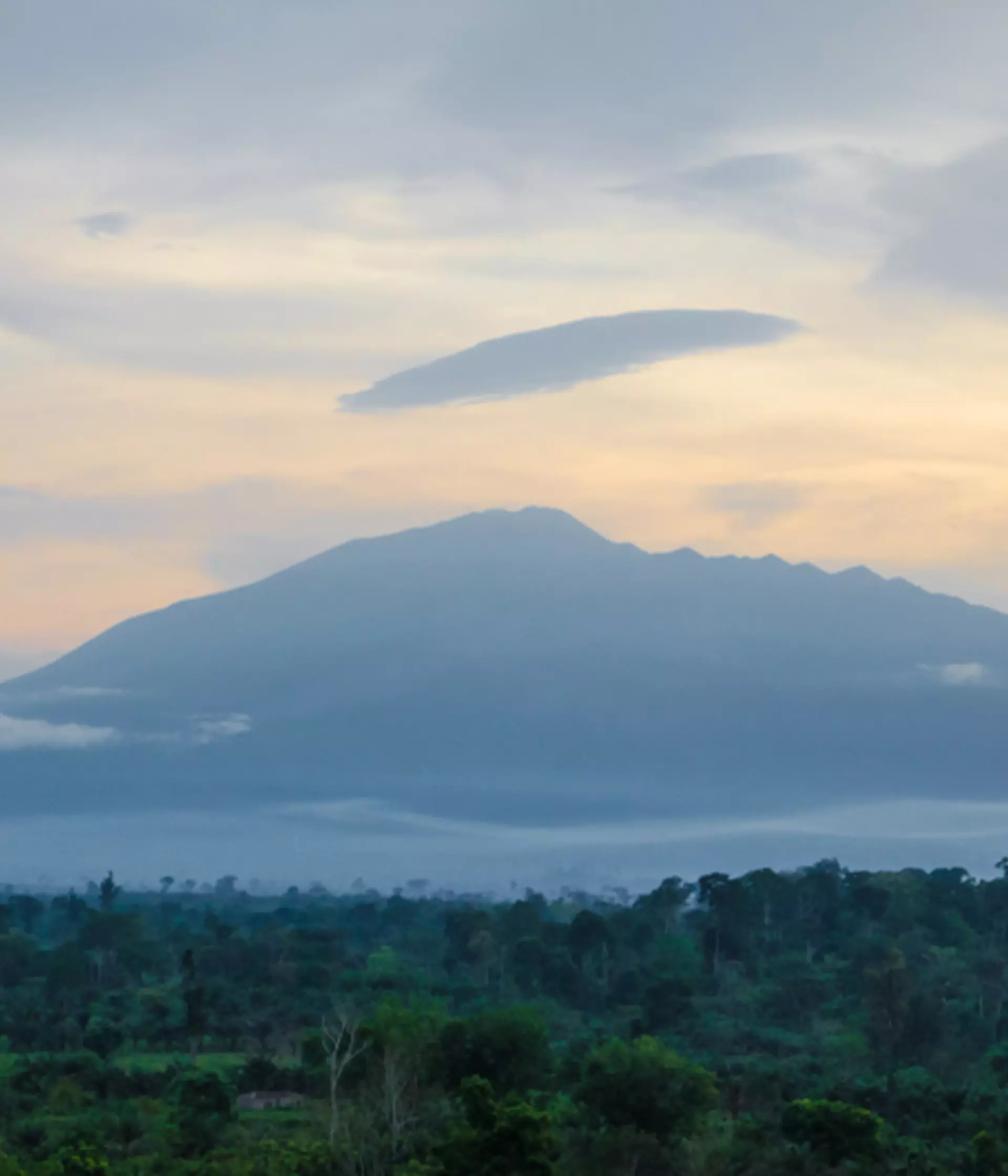We're working with governments and industry in Africa to ensure biodiversity conservation in the face of an expanding palm oil industry.
Sustainable palm oil and conservation
The emerging palm oil industry in Africa offers an invaluable opportunity for economic and social development, as well as other global benefits, but it could also be potentially ecologically and socially devastating.
We want nature at the heart of every decision
We work in Cameroon to raise awareness of the importance of sustainable palm oil production in Africa, and to ensure that the expansion of the industry does not result in the destruction of primary and high conservation value forests and their associated wildlife, and secures local community and indigenous people’s livelihoods. We want to drive change that moves our global economic framework to properly value nature.
Palm oil in Africa
Over the past 25 years, oil palm has been one of the major drivers of deforestation in the tropics. Almost 90% of global production is in SE Asia, but the potential for further growth in this region is limited.
As demand continues to rise, producers are seeking to expand production in West and Central Africa. Up to 20 million hectares of new oil palm plantations could be established in this region over the next decade. In Cameroon’s forested zone alone, over 1 million hectares is now being targeted by oil palm companies. This cultivation would generate much-needed development in Africa and increase global food supplies. However, there are serious environmental and social risks of such development, especially the loss of critical habitats such as tropical rainforests. This would have knock-on effects for global climate and biodiversity and negative impacts on the rights and livelihoods of local communities and indigenous people.
Sustainable palm oil in Cameroon
We are working to demonstrate that Cameroon, one of the most biodiverse countries in Africa and a new frontier for oil palm expansion, can develop a sustainable palm oil industry, avoiding negative environmental impacts. Our project provides information and training to increase the level of understanding among all the key stakeholder groups in Cameroon, will facilitate the development of national RSPO P&C and HCV interpretations, HCV toolkits and mapping resources, will strengthen land-use decision-making processes and ensure that local capacity needs are addressed to enable the continued uptake of sustainable best practices.
To ensure that the benefits of the expanding oil palm industry are maximised and the potential negative impacts minimised, careful planning and development of the sector will be needed. The Roundtable on Sustainable Palm Oil (RSPO) has developed a global standard for sustainable palm oil production including requirements to protect areas of High Conservation Value (HCV) and implement environmental and social safeguards, enshrined within the RSPO’s Principles & Criteria. The HCV framework, if properly applied, represents a valuable tool in maintaining key social and environmental values and protects threatened species and ecosystems.
Unfortunately, there are currently a number of barriers to achieving the goal of truly sustainable oil palm production in Cameroon including: a very low level of understanding regarding the concept of sustainability in oil palm production, the HCV framework and the RSPO guidelines amongst government officials, civil society and local private sector actors in West and Central Africa; limited capacity to facilitate the implementation of sustainable practices across the sector; the RSPO Principles & Criteria, and HCV concept require adaptation to the national level to be relevant and applicable and; existing government land-use planning processes are inadequate to guide sustainable development of the oil palm industry.
We have developed the Sustainability Policy Transparency Toolkit (SPOTT) for investors and other corporate stakeholders, building trust and increasing accountability in many of the industry's biggest companies.
Key Species
- Western Lowland Gorilla, Critically Endangered
- Chimpanzee, Endangered
- African Forest Elephant, Endangered
People involved
Christian Azenui Asanga is the manager for the palm oil and biodiversity project
Partners & Sponsors
Kindly funded by: Arcus Foundation (and others, pending)
Our ESG advisory services are helping businesses play their part in tackling the climate and biodiversity crises.
Get practical support practical support on how your business can implement robust ESG management systems.
